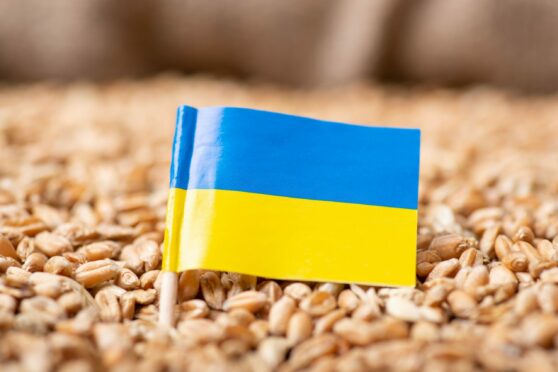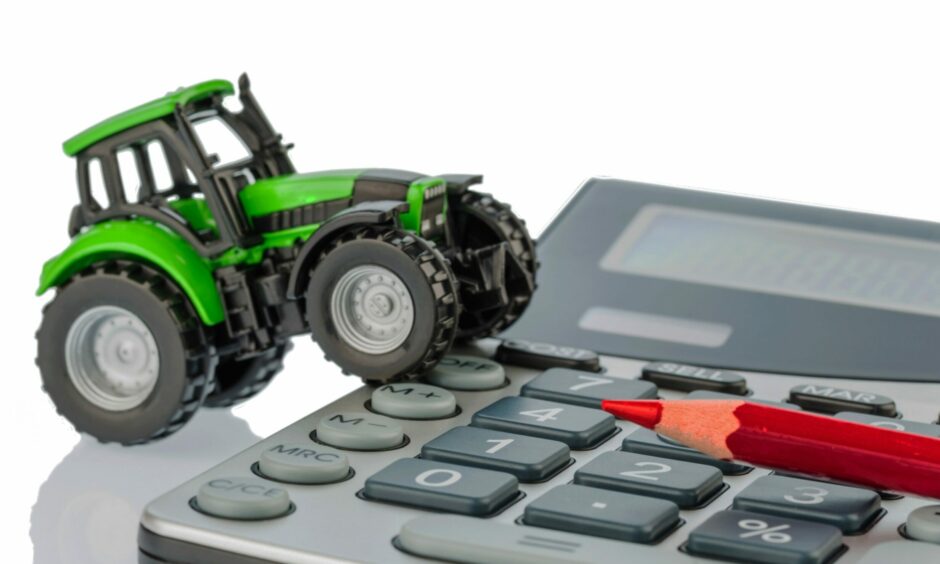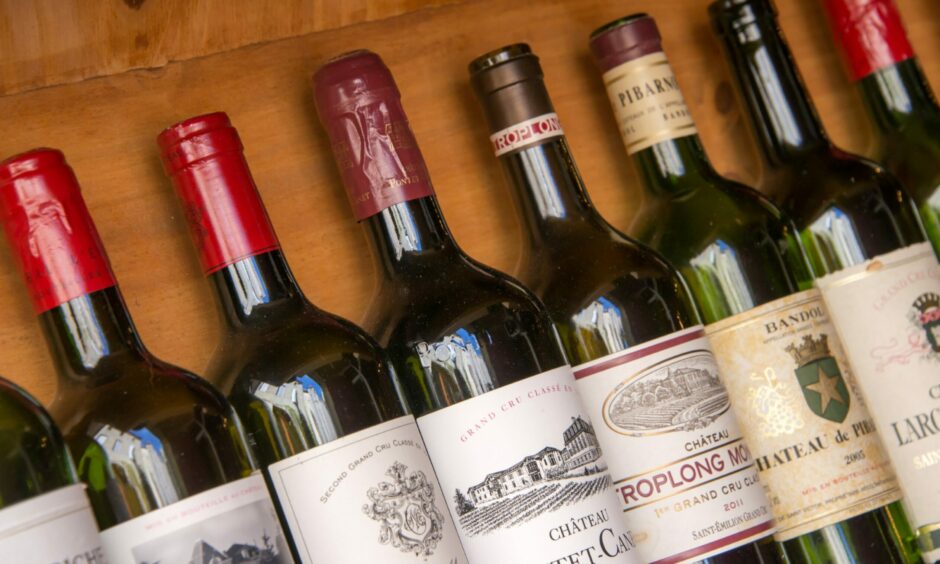The European Commission has announced a programme to tackle global food security.
Its plans are based around short, medium and long term measures to protect farmers and consumers from the surge in input costs and food prices.
It says current events underline the need for agriculture and food supply chains to become more resilient and sustainable. It says rising costs were not caused solely by events in Ukraine, but that these accelerated existing problems.
The document claims that Europe does not face food shortages, but does face problems from its reliance on imported proteins and fertiliser ingredients.
It rules out any ban on exports, insisting the EU has a responsibility to help countries that relied on Ukraine and Russia. These include those with deep pockets in the Middle East, but many countries in Asia and sub-Saharan Africa also face supply problems.
The Commission acknowledges that EU farmers face problems and says it is committed to doing what is necessary financially and in other ways to maintain production.
However it stresses that as a global “agricultural superpower” the EU is committed to showing solidarity with the people of Ukraine and those elsewhere suffering because of the fallout for markets from the Russian invasion.
Meanwhile, the EU has confirmed details of its 500 million euros (£417m) aid package for farmers. This is to offset higher input costs linked to the fallout from the war in Ukraine.
Funds will be split across member states based on Common Agricultural Policy (Cap) payment allocations. This will see France receiving around 90 million euros (£75m), Germany 60 million euros (£50m) and Ireland 16 million euros (£13.35m).
This is coming in the shape of a national envelope and, because spending decisions are delegated, member states will be able to spend the funds to reflect national interests.
Countries that can show they have been severely affected in terms of trade and costs by events in Russia and Ukraine will be able to boost the EU contribution with national funds up to twice the level coming from Brussels.
The Commission has admitted this will not offset what is happening to prices and has warned that additional support is likely to be needed in the coming months.
Lastly, figures for 2021 reveal the EU has confirmed its position as the world’s biggest agriculture and food trader – total agrifood sales were up 7% to a record £275 billion.
The positive gap between exports and imports rose by 8% to £67bn, however the success was focussed more on consumer products than those directly linked to agriculture.
High-value products such as wine, spirits and liqueurs, and chocolate and confectionery performed strongly, while pigmeat, dairy products and wheat were all performed less well.
The main export markets for the EU were the UK – largely unaffected by Brexit – the United States and China. Together these accounted for 42% of trade.
In 2021 Brazil became the biggest source of imports, reflecting EU reliance on imported proteins, and imports from the UK plunged after Brexit – falling by 25% in 2021.
While EU sales to the UK were initially affected they recovered completely, but this was not the case for UK.
- Richard Wright is an agricultural industry commentator.


